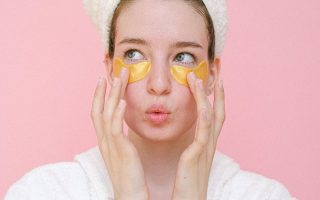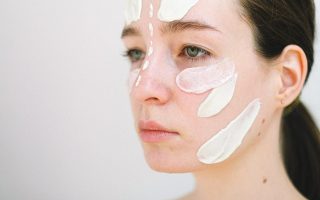It’s no secret that our society is obsessed with looking young. As baby boomers turn 60, statistics show the U.S. market for anti-aging products and services is “growing at an average growth rate (AAGR) of 9.5%, this market will surpass $90 billion in 2012”.
While science has made advancements in both topical and minimally invasive cosmetic procedures, certain lifestyle factors, such as smoking, sleep loss and sun exposure, can unknowingly sabotage your personal aesthetic goals.
Although natural aging is a given, inherited by our genes–we do have control over extrinsic aging. Known as premature aging, it is caused by poor lifestyle habits that actually accelerate skin aging, including wrinkles, rough texture and uneven pigmentation.
According to leading dermatologist Jeannette Graf, current research reveals that the following dynamics accelerate the skin’s aging process.
Sun exposure–No surprise here: The sun does not do a complexion good. From basic dryness to a high risk of melanoma and other skin cancers, UV rays cause daily damage to skin. “Wearing a high SPF sunscreen every day is the one product I recommend to all of my patients,” says Graf.
Smoking–Another culprit that robs skin of its health, smoking not only directly damages the fibers that provide elasticity and support, causing skin to prematurely wrinkle and droop–but it also decreases the flow of both blood and vital nutrients to the skin’s surface, leaving it dry and crinkled looking.
Diet–What you put into your body is just as important as what you put on, says Graf. A high-fiber diet rich in antioxidant fruits and vegetables will result in a healthier and more radiant complexion. Bottom line: Limit alcohol and cola consumption, which depletes the body of its nutrients, and add more wholesome foods, such as lean proteins, fruits, green leafy vegetables and plenty of fresh water.
Sleep loss–While sleep deprivation is known to cause weight gain and loss of mental concentration, it also affects skin health by robbing it of its precious rejuvenation time. During slumber, your skin, as well as your body, undergoes a period of revitalization. Loss of sleep interrupts this phase, imparting the telltale signs, such as dark under-eye circles and dry, flaky complexion.
Aging is inevitable, but you can certainly make small efforts to ensure that you don’t help speed it along. By getting a good night’s sleep, eating a healthful diet and using sun protection each day, you’ll be sure to keep both your skin (and body) looking young and vibrant.




